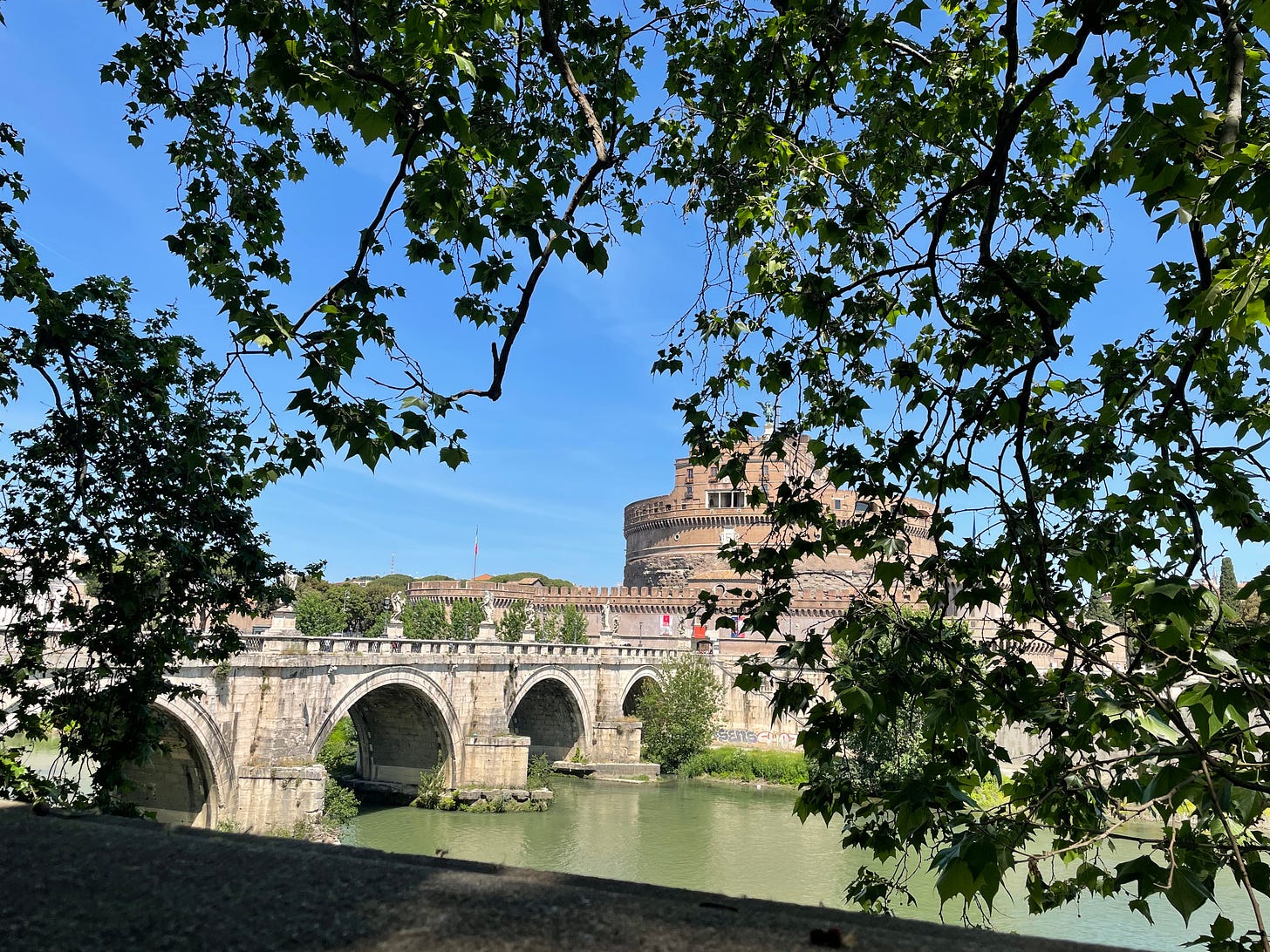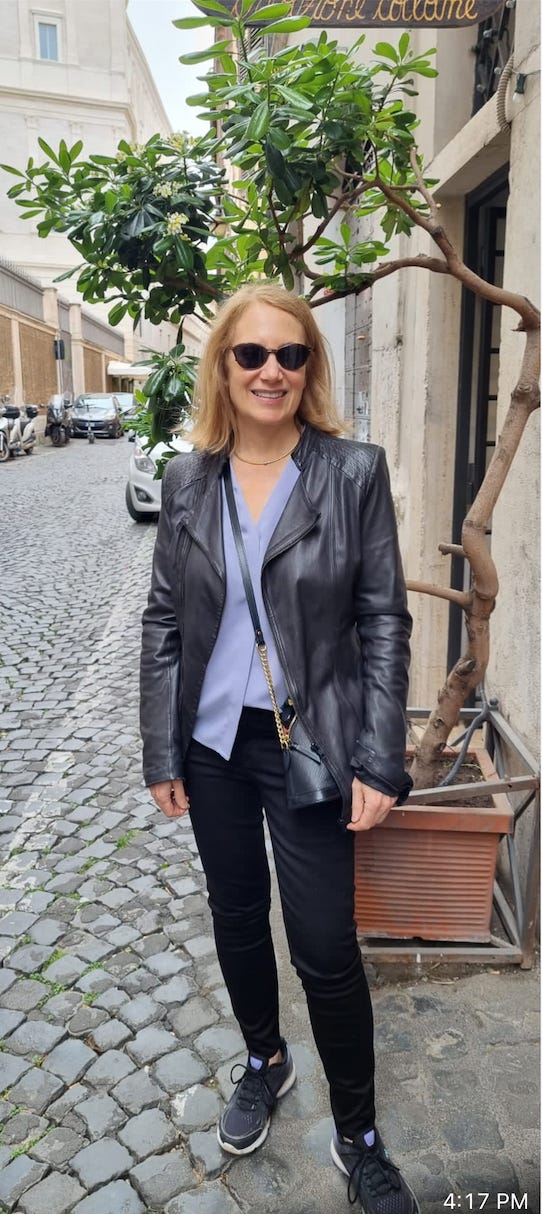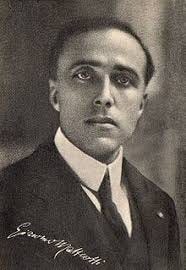Hello from Rome! There is no Q&A this week. I will look forward to seeing all of you next week, when we resume our Q&As on Fridays at 1-2pmET. There will also be an evening Q&A on June 5, 8-9pmET, for paying subscribers only. You will receive a link to register (it's free) that day.
This week's essay discussed how formative being in Rome was for my intellectual work and my awareness that Fascism, the subject I was studying as a historian, was far from dead. In fact, thanks to Berlusconi bringing a neo-Fascist party into the government in 1994, Fascism was entering a new phase.
Living in Rome that year made me see Fascism in a different way and sparked my interest in the politics of memory about it and other regimes. It also prepared me to see the signs of the normalization of extremism when Donald Trump came to power.
Rome was also formative for me personally. I have lived here, or visited frequently, throughout my life, and the city is a touchstone for me. Returning to see my favorite places has always been clarifying for me. At times of turmoil, I have found comfort in the seeming permanence of the Pantheon, the Castel Sant'Angelo, the Basilica of San Clemente, and so many other favorites --although these and other buildings are threatened today by pollution and mass tourism.
Like other Italian cities, the landscape of Rome is densely layered, and that includes many architectural and urban reminders of the two decades of dictatorship, as well as sites that recall the brave Italians who fought against Fascism. One of my heroes is Giacomo Matteotti, the Socialist Senator who was kidnapped in broad daylight by Fascist thugs, on Il Duce's orders, just before Matteotti was going to reveal to Italian Parliament evidence of Fascist corruption.
To quiet the uproar over his killing, and shut down the investigation that would have cost him his political career, Mussolini declared dictatorship in January 1925. So another destination of mine is always the Ponte Giacomo Matteotti, over the Tiber River, where I honor him and think about his bravery as an anti-Fascist and anti-corruption crusader.
Next week we will return to tracking threats to democracy in the US and around the world. Going forward, I will not publish any more interviews. Since Lucid started, I have interviewed over fifty people: activists, members of Congress, journalists, artists, and of course a few historians too. Instead of more interviews, I will write an additional post. The Q&As will remain the same.
Stay safe, and stay lucid. I'll be in touch with a new essay after the weekend.







Ruth you look just great in the photo--sunglasses and all! Thanks for reminding us of the courage of Giacomo Matteotti who fought to expose fascist corruption. His example makes me ask who are our modern day Giacomo Matteottis? There are at least two that jump out right away to me; Republicans Liz Cheney and Adam Kinzinger. There are others but sadly, most of the rest of the Republican party in a Faustian bargain have sold their souls to the devil.
I find it so touching that you honor Matteotti on your trips to Rome. It is imperative that we remember the people who came before us and are examples to fight the good fight.